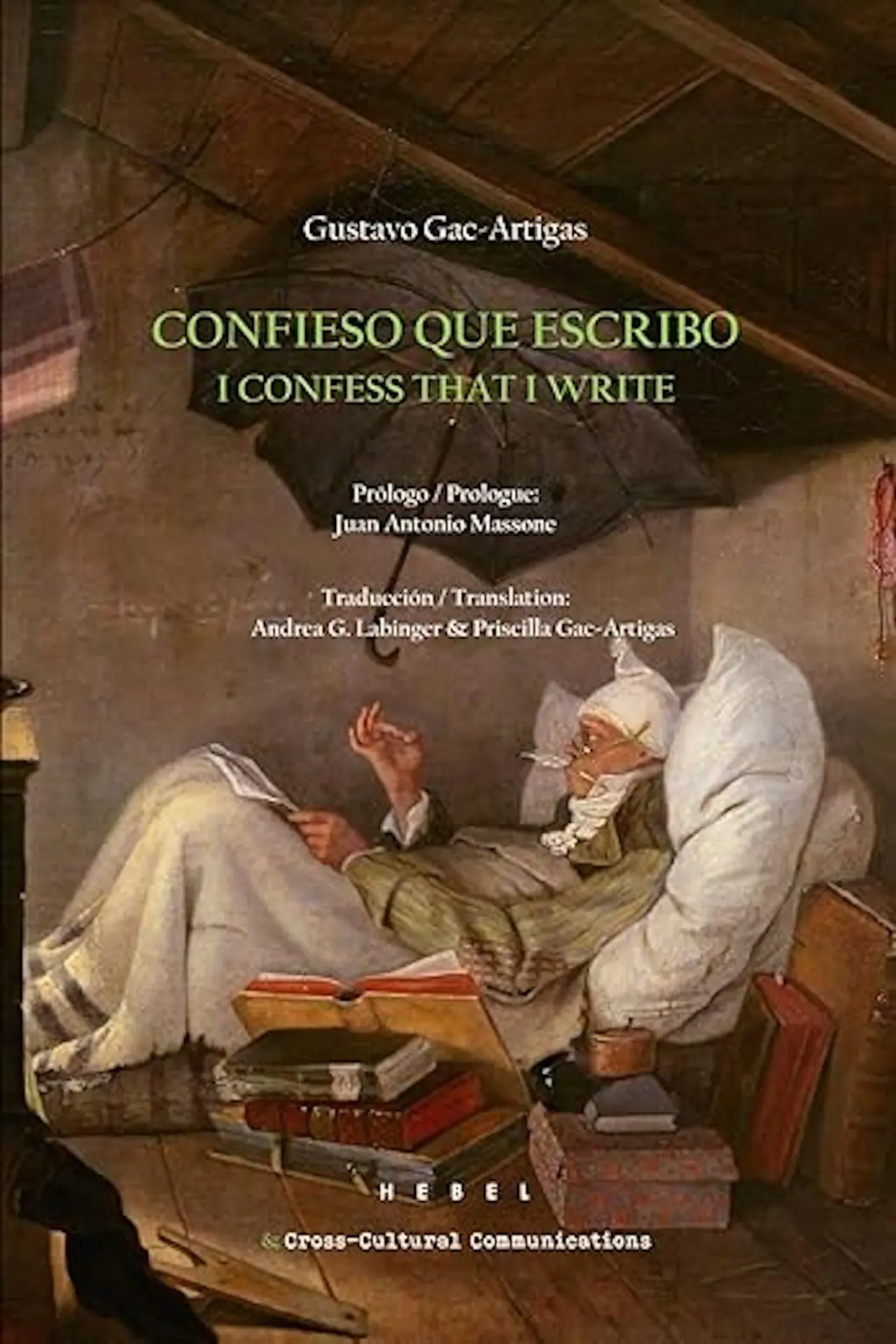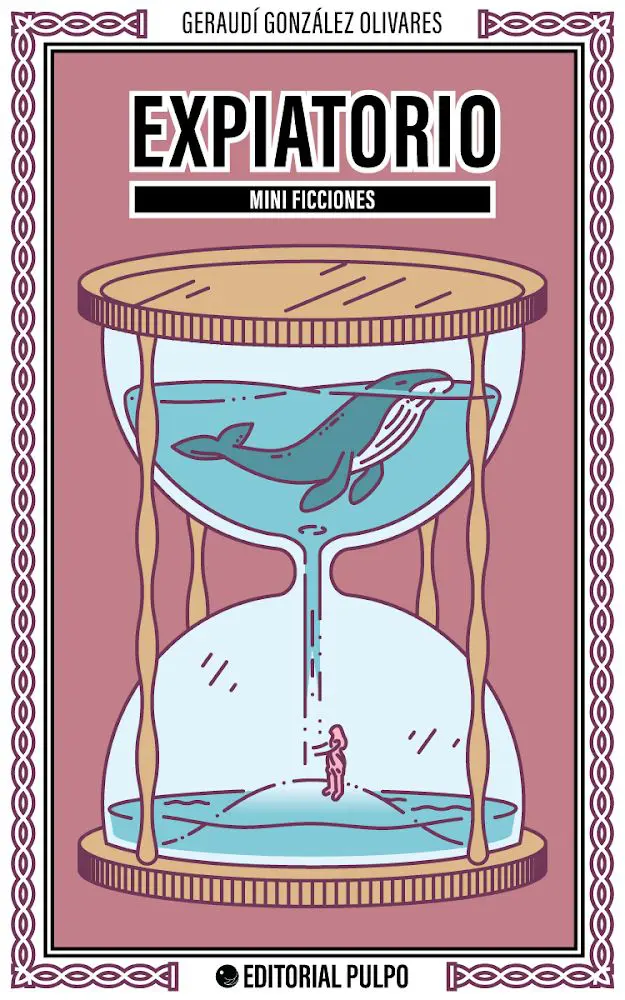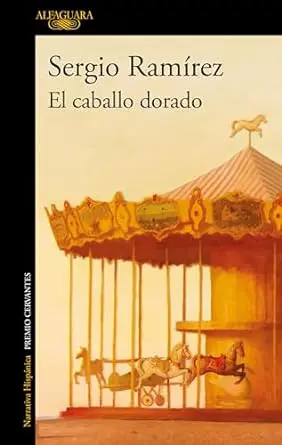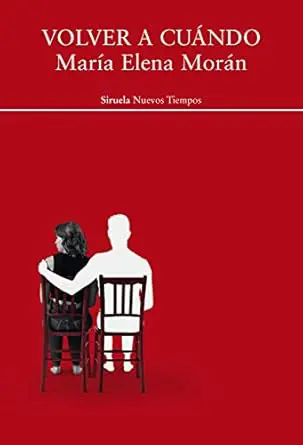Argentina, Mar del Plata: CEPES Ediciones, 2022. 103 pages.
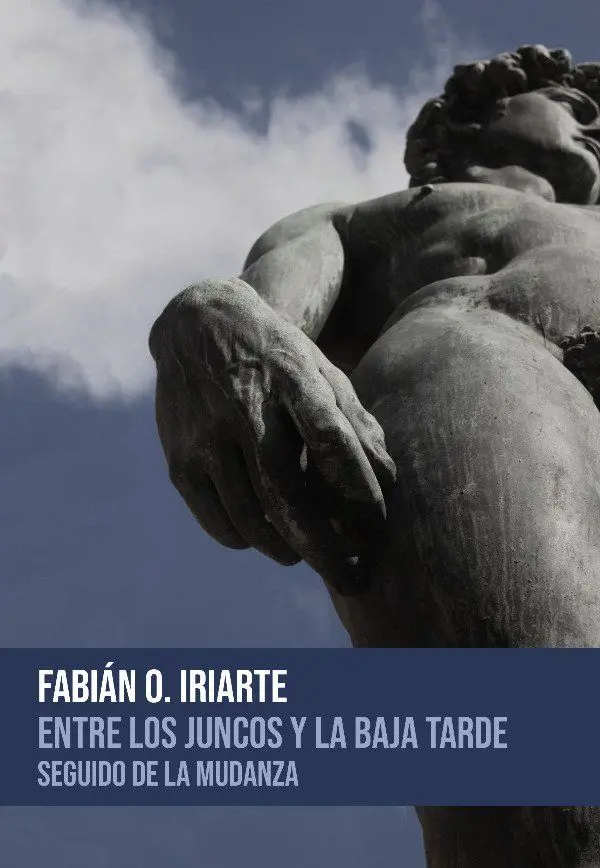 There is a very short poem by Emily Dickinson which says: “A word is dead / when it is said / some say. // I say it just / begins to live / that day.” To enter into that space where a poem—in its words, meanings, and concepts—enables the possibility of life, of a beginning, of the forging of a way through the other, which is there strutting its stuff, but which somehow suffocates or oppresses; that is what happens to us when we immerse ourselves in reading Fabián O. Iriarte’s Entre los juncos y la baja tarde, seguido de La mudanza (CEPES, 2022).
There is a very short poem by Emily Dickinson which says: “A word is dead / when it is said / some say. // I say it just / begins to live / that day.” To enter into that space where a poem—in its words, meanings, and concepts—enables the possibility of life, of a beginning, of the forging of a way through the other, which is there strutting its stuff, but which somehow suffocates or oppresses; that is what happens to us when we immerse ourselves in reading Fabián O. Iriarte’s Entre los juncos y la baja tarde, seguido de La mudanza (CEPES, 2022).
Fabián O. Iriarte was born in Laprida, Buenos Aires Province, in 1963. He is a writer, poet, and teacher. He has a PhD from the University of Texas. He has received the following prizes: Alfonsina (2004), Osvaldo Soriano (2006), Casa Olga Orozco (2013), Lobo de Mar (2015), and Baltasara Editora (2017). His most recent poetry books include Litmus Test (2013), El punto suspensivo (2014), Las causas del desconcierto (2016), Sópola temprar (2017), Al comienzo era sólo un murmullo (2017), Pocas probabilidades de lluvia (2021), and Ileso no saldrás (2022).
As if guiding us along a sort of “poetic ascent,” which moves from the general toward the particular, from the carefree and merely descriptive toward the disturbing and even, often, the unearthly, the “I” who speaks in these poems continuously alerts us to the metamorphic process that he will undergo throughout the entire journey: “paso subterráneo por lugares / cambio de fases a menudo” [I proceed underground through places / I frequently change phases].
Thus, it does not seem arbitrary that the author has selected a fairly broad period of time—2010-2021 for Entre los juncos…; 1994-1999 for La mudanza1—to travel this road he seeks; to lead us, little by little in the direction of what is projected there. And, of course, neither is it in any way random that part of the book’s title is one of Federico García Lorca’s most memorable lines, from “De otro modo”2: “Llegan mis cosas esenciales. / Son estribillos de estribillos / Entre los juncos y la baja-tarde / ¡qué raro que me llame Federico!” [Things vital to me appear. / Refrains of refrains. / Among the reeds and falling day, / how strange my name should be Federico!].
Linked to this, and in keeping with what Enzo Cárcano3 highlights on the book’s back cover, it is fitting to say that some of the poems in this book do indeed propose a formal and ongoing dialogue with tradition, reflecting on the strictly poetic, and explicitly citing lines or fragments from Emily Dickinson, Néstor Perlongher, Pedro Lebel, José Cibrián, Gertrude Stein, and the aforementioned Federico.
“THIS COLLECTION OF POEMS SITS SIDE BY SIDE WITH A VAST NUMBER OF OTHER RESOURCES THE AUTHOR USES: THE INTRODUCTION OF THE ACADEMIC, THE CO-EXISTENCE OF THE POPULAR AND THE CLASSICAL”
Nevertheless, within certain texts, a thematic concern is introduced which seems to appear in relation to a pronouncement closer to the militant, to a discourse of resistance, where territories are explored that have to do with what is unjust or has been arbitrarily condemned by social canons—as is specifically the case with homosexual desire. Thus, the silenced voices of the repressed and the persecuted (“lxs reprimidxs y lxs perseguidxs”) make themselves heard from the very foundations of old Stonewall: “Escuché una lluvia de pesadas monedas cayendo sobre los canas. Rivolta omosessuale! (…) El orden fue restaurado. Trece fueron arrestadas y arrestados” [I heard a shower of heavy coins falling onto the fuzz. Rivolta omosessuale! (…) Order was restored. Thirteen males and females were arrested].
If we follow this line of thought, and take the poems numbered I to V of the section “La máquina de fruta,” we find that they make reference to items of information in the book Men in the Shadows4 which the Canadian journalist John Sawatsky compiled about the Royal Canadian Mounted Police (RCMP) and their unusual and sinister methods of “spying.” The “I” who is speaking tells us that “era una cámara suspendida de una polea / el sujeto debía sentarse en una silla / similar a la de los consultorios de los dentistas”; “su propósito era detectarlos entre los empleados del gobierno canadiense, para echarlos de sus puestos”; “en teoría, la fotografía de un desnudo masculino causaría que las pupilas de un homosexual se expandieran” [it was a camera suspended from a pulley / the subject had to sit down in a chair / similar to those in dentists’ surgeries; the aim was to detect homosexuals among the employees of the Canadian government in order to fire them from their posts; in theory, the photograph of a nude male caused a homosexual’s pupils to dilate]. The factual nature of these fragments puts the reader (“lx lectorx”) on the alert, in order to be predisposed subsequently, in a later poem, to take matters into their own hands: “Todo se puede cuestionar. Todo se puede cuestionar. Our asshole is revolutionary. Es la historia pasada y es la historia que hacemos. Que escribimos. Que seremos” [You can question everything. Our asshole is revolutionary. It’s past history and it’s the history that we are making now. That we are writing. That we will become].
Naturally, this collection of poems sits side by side with a vast number of other resources the author uses: the introduction of the academic, the co-existence of the popular and the classical, the use of the first line as the continuation of the title, or even the use of multiple lines that belong to a different poem to serve as the title: “El escándalo temblaba / rayado como una cebra” [The scandal trembled / striped like a zebra].
There is no question we could note, analyze, or break down an almost infinite number of questions to do with the poetry of Fabián O. Iriarte, and with this book in particular: its convergences, its multiple registers and its ways of operating within each text (it’s obvious that one timid review will barely do). Nevertheless, the abrasive breadth of that first reading transcends us and puts us face to face with attentive, cultivated, and exquisite writing that not only captivates, but also proclaims and documents. Returning to what was noted above, it is fair to say at this juncture that Iriarte’s words are far removed from “dying” when they are pronounced. On the contrary, his words live or, even better, give life each time we utter, interpret, or reproduce them. The words, to cite the author who summons us here, “se disponen en ejército las palabras no / pueden contra su fuerza las palabras necesitan luz” [the words arrange themselves like an army they / have no chance against their own intensity words need light].
Translated by Lilit Thwaites
Notes
1 1st edition: Balcarce: Gogol Ediciones, 2009.
2 The poem first appeared in Canciones (Málaga: Litoral, 1927). The English translation is from Federico García Lorca: Selected Poems. Translated by Martin Sorrell. Introduction & notes by D. Gareth Walters. Oxford: Oxford University Press, 2007, p. 134.
3 Argentinian poet, academic and researcher. PhD in Social Sciences (Universidad de Buenos Aires), PhD (Universidad del Salvador, Buenos Aires), and MA in Spanish Language and Hispanic Literatures (Universitat de Barcelona, Spain).
4 John Sawatsky. Men in the Shadows. Toronto: Doubleday, 1980.

